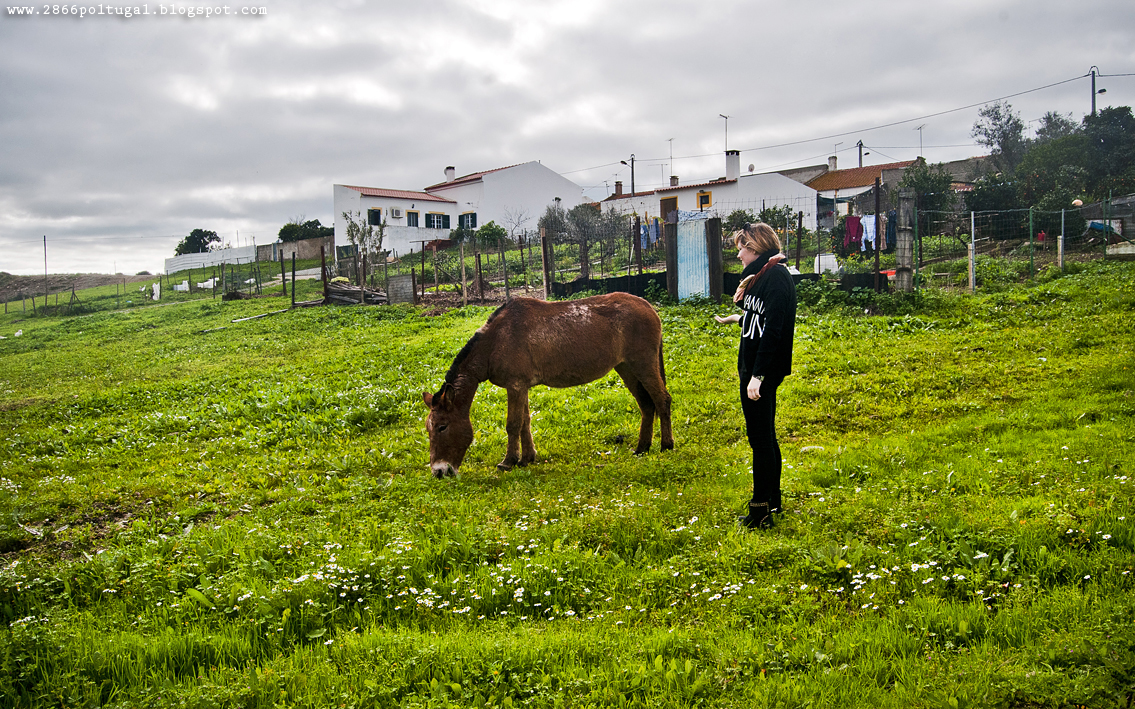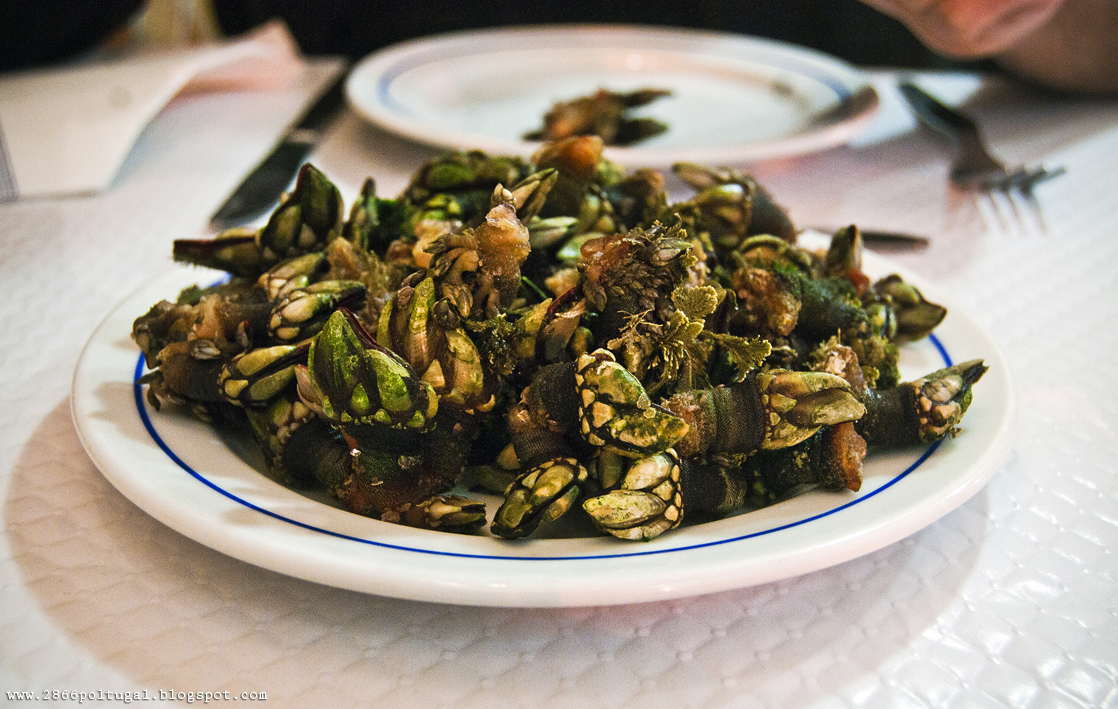Even though is a place often visited by tourists, Alentejo seaside is not – yet, and hoppefully it will stay this way – invaded by tall buildings or luxuourious hotels. With the Atlantic Ocean on its West, Alentejo combines the countryside with the seaside, with one word in common – again, when compared with Algarve – tranquility.
So, after a night spent in Beja, and a walk through the market and some important points of the city, we went West, in direction to the Ocean.
On the way, one stop in the interior Alentejo, in Aljustrel. Even though this town is known in Portugal by its mines, it has more interesting points to visit, like Moínho de Malpique. This is a windmill erected in one of the highest hills around the town, that is the one of the best sightseeing points to the small hills of Alentejo, and in short-distance, to the village of Aljustrel.
Like in Mértola, a chapel in oposite point of the town in an high hill called our attention, and we drove there, at least where the car could get. With the car parked, and around 100 stairs climbed, we arrived to the chappel. A old couple, in company of a dog, were guarding the entrance of the place that we understood, after entering, that was a pilgrim and promises place. This pilgrim place took strenght in 60's decade, when families from Aljustrel were going there to pray and ask for the comeback of their “sons” from the war in Africa that Portugal was involved with.
Endless straight roads with animals on both sides eating the green grass, accompained us till we start to see the Ocean in the horizon.
Porto Côvo was the village chosen by us to take pictures, while the sun was hiding in the horizon, and to have seafood dinner – maybe influenced by the song of portuguese “father of rock”, Rui Veloso.
After a dinner composed by barnacles (perceves in Portuguese), and crab – a really good sugestion not only to eat, but also as a “anti-stress medicine”, due to the hammer that is coming to the table to break it - we still made an uplanned stop in Sines to tank the car.
Even though it was a short stop, we could smell the city – not much pleasant, due to the refinery that is operating there – and see the illuminated castle.
We saw cliffs we saw hills , we went to the castles and to the mills. This was our Alentejo.












































